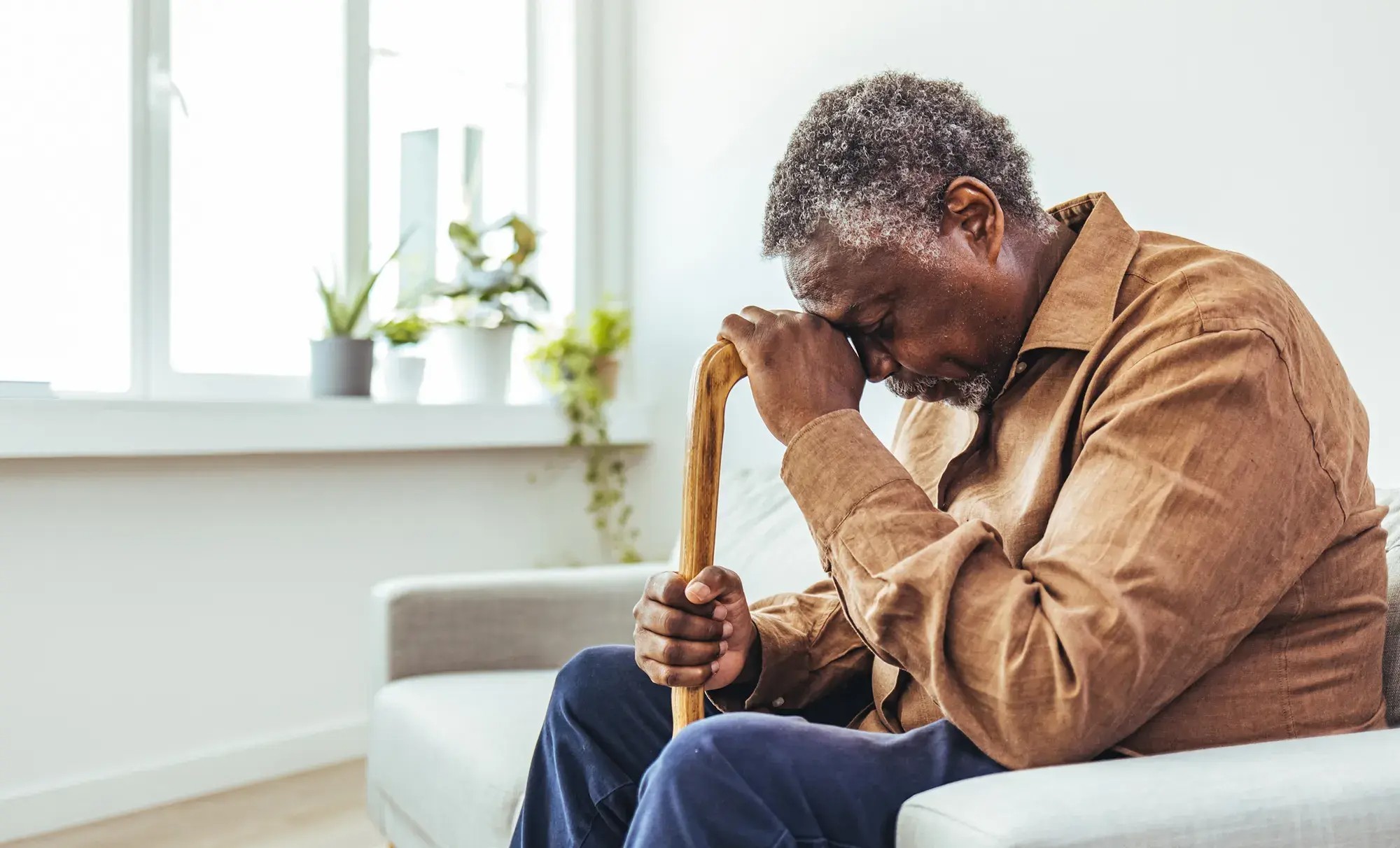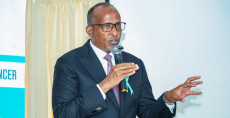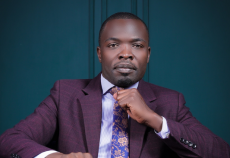- Once at the heart of our communities, these elderly men and women—who raised children, built nations, and passed down traditions—are now too often sidelined, neglected, or treated as burdens. It is a tragic irony that those who gave so much now receive so little.
In the rush of modern life, where youth is glorified and productivity is worshipped, the elderly have quietly become society’s most forgotten generation.
Once the heart of our communities, these men and women—who raised children, built nations, and passed down traditions—are now too often sidelined, neglected, or treated as burdens. It is a tragic irony that those who gave so much now receive so little.
Visit any rural village or urban slum, and the truth reveals itself: frail elders sitting alone on porches, their stories untold, their wisdom untapped.
In hospitals, elderly patients lie in beds with no visitors. In homes, many are left to raise grandchildren alone while their children search for work in distant cities. Pensions, if they exist at all, are rarely sufficient.
Public services are poorly designed for aging bodies, and even our conversations seem to erase the value of growing old.
Read More
This neglect stems from a mindset that sees aging as decline rather than dignity. In a world obsessed with speed and youth, older people are viewed as “less useful” or “too slow”—when in reality, they are a living archive of cultural identity, resilience, and memory.
Their lives are filled with lessons that cannot be found in books or online searches. Every wrinkle carries a story; every scar, a history. Yet we ignore them.
Respecting older people requires more than just acknowledging them on International Days for Older Persons. It means building systems that truly care: healthcare that understands aging, infrastructure that meets their needs, policies that protect them from exploitation, and a culture that embraces their presence in both family and public life.
Most importantly, it means remembering that we, too, are growing old—and the way we treat our elders today is how society will treat us tomorrow.
Even youth will one day grow old. Let’s teach them to respect their elders—by offering assistance with special needs, accompanying them to hospitals when they’re ill, and supporting them in their daily lives. In doing so, we will nurture a generation of older adults who can offer guidance to both youth and leaders.






-1769608133-md.jpg)



